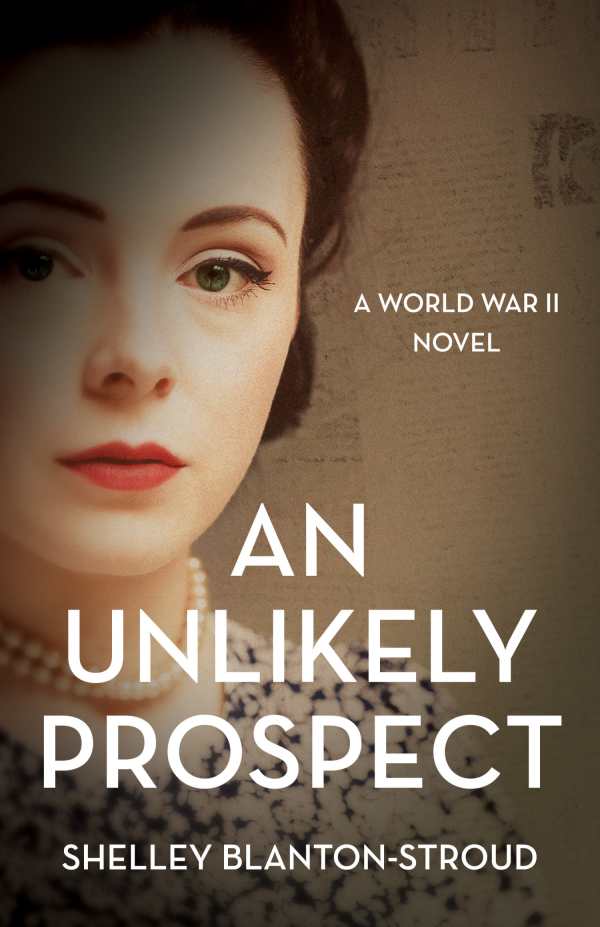An Unlikely Prospect
A World War II Novel
Centering the dizzying misogyny of the postwar era, An Unlikely Prospect is a revealing historical novel.
Postwar crimes lead a rookie publisher toward truth and justice in Shelley Blanton-Stroud’s novel An Unlikely Prospect.
At the jubilant end of World War II, Sandy becomes the reluctant, unexpected publisher of the San Francisco Prospect. Her husband Edward was the previous publisher, but he died following a sudden heart attack at the age of forty-five, leaving the Prospect and the management of its large newsroom in Sandy’s hands. Since her ascension from Edward’s secretary to the paper’s publisher, Sandy has embodied the role in name alone, preferring to take peripheral duties. Her in-laws both sit on the paper’s board of directors and regard her interest as temporary, and the newsroom editors and reporters rarely approach her for editorial guidance.
Then Sandy takes in a tip from one of her gossip columnists: The postwar festivities are becoming violent. Sandy, feeling pressure to step up in her role as publisher, takes to the streets in person. She witnesses a series of horrific assaults that receive limited responses from the authorities. She rallies her skeptical editor-in-chief, a gruff reporter, and her trusted gossip columnist to begin fact-finding missions to report a story that no other publications are covering. Finding strength in her resolve to tell the truth, and with a constant stream of second guesses and threats creating impasses to honest reporting, Sandy and her team go head-to-head with the political machine.
The novel moves at a breakneck pace, reflecting the quick-turnaround world of newspaper publishing in the 1940s. Much of the story centers on the dizzying misogyny of the era, as well as the plights of women who survive sexual assaults and try to report the crimes committed against them. The war’s ending is used as a cloak for debauchery, and Sandy faces unexpected left turns in her upstream battle to alert her readers to the terrible events happening across the city.
As Sandy begins to believe in herself, those around her begin to believe, too. Deeper introspection arises from Sandy’s ruminations as she moves from self-doubt to personal conviction. And as she hardens her resolve in order to get what she wants, her conversations with her critics, including her stubborn father-in-law Wyatt, are injected with venomous clarity—an about-face from her passive conversations before. Gravitas is also afforded to the disturbing realities that Sandy’s investigations enumerate. In the end, the story dresses down doubt toward women’s allegations of violence, attempts to keep damaging true stories from being told, and the voracity of the patriarchy with skill.
In the crisp historical novel An Unlikely Prospect, a woman investigates violent crimes at the end of World War II.
Reviewed by
Ryan Prado
Disclosure: This article is not an endorsement, but a review. The publisher of this book provided free copies of the book and paid a small fee to have their book reviewed by a professional reviewer. Foreword Reviews and Clarion Reviews make no guarantee that the publisher will receive a positive review. Foreword Magazine, Inc. is disclosing this in accordance with the Federal Trade Commission’s 16 CFR, Part 255.

